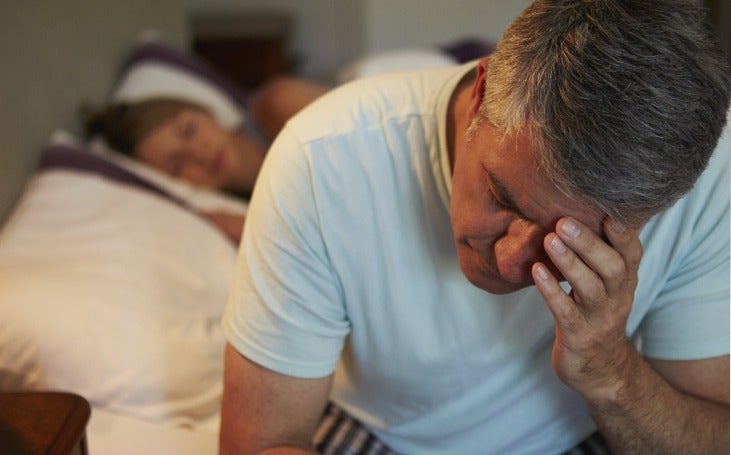Identifying Signs of Depression

Depression—long periods of overwhelming sadness and/or loss of interest in activities--is one of the most common mental disorders in the United States. One in six people will experience depression at some time in their life. Depression is a medical problem, not a character flaw. Very few people get over depression on their own, but the condition is highly treatable.
Just sadness, or something more serious?
You might have felt some of the things listed below, but if you experience at least four of these symptoms for two weeks or longer, it may be a sign of depression.
•Ongoing sadness and anxiety
•Fatigue or lack of energy
•Loss of interest in hobbies/everyday activities
•Trouble falling asleep, or sleeping too much
•Eating more or less than usual
•Aches and pains that don’t go away when treated
•Difficulty focusing, remembering or making decisions
•Feeling irritable, guilty, helpless, worthless or hopeless
•Thoughts of suicide, suicide attempts
Are you at risk?
Depression may be caused by major, stressful life events. But other factors can increase the odds of developing depression.
Biochemistry/Genetics: Chemical imbalances in the brain may contribute to symptoms of depression. Depression can also be inherited. You may be at greater risk if one or more relatives also have the illness.
Personality: People who have low self-esteem or are easily overwhelmed by stress may be prone to depression.
Environmental factors: On-going exposure to violence, neglect, abuse or poverty may increase the likelihood of depression.
Previous episodes: At least half of all people diagnosed and treated for depression will experience another episode sometime in their future.
Available treatment
Even severe cases of depression can be highly treatable. Different therapies, or combinations of therapies, work for different people. A recent study shows that 44% of people treated for depression received both help from a health professional and medication. Only 6% were treated with medication alone.
Many people find that regular exercise improves their mood. Getting enough quality sleep on a regular basis can also help reduce symptoms of depression.
Mild depression may be treated with psychotherapy (sometimes called “talk therapy”). A type of psychotherapy called cognitive behavioral therapy (CBT) is often effective in relieving depression. Therapists use CBT to help people recognize the distorted thinking caused by their depression, and then change their behaviors. Psychotherapy can take several weeks or much longer, but many people see improvement in 10 to 15 sessions.
More-severe depression might require psychotherapy and a prescription for antidepressant medications. Antidepressants help modify the chemical imbalances in a person’s brain that can cause the disorder. Medications help some people feel better within the first week or two, but their full benefits might not be seen for two to three months. If an antidepressant isn’t working, or you have side effects, your psychiatrist might alter the dosage or substitute a different drug.
Resources & Tools
Drug Search
Use the drug search tools to find out if your drugs are covered and which tier they fall under on your plan type.
Find a Doctor
Find a doctor within your Tufts Health Plan Medicare Preferred HMO network or your Tufts Health Plan Senior Care Options network.
Health Library A-Z
Tufts Health Plan has partnered with Healthwise to provide members with access to a library of high-quality content on conditions, treatments and more.
